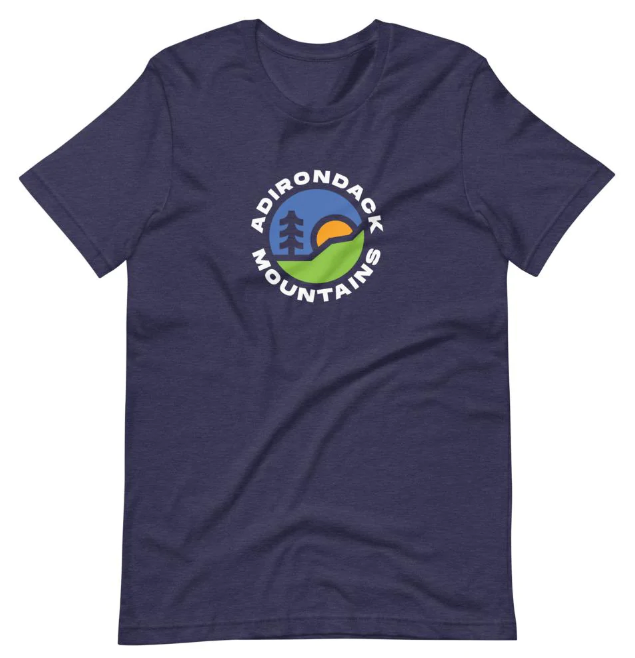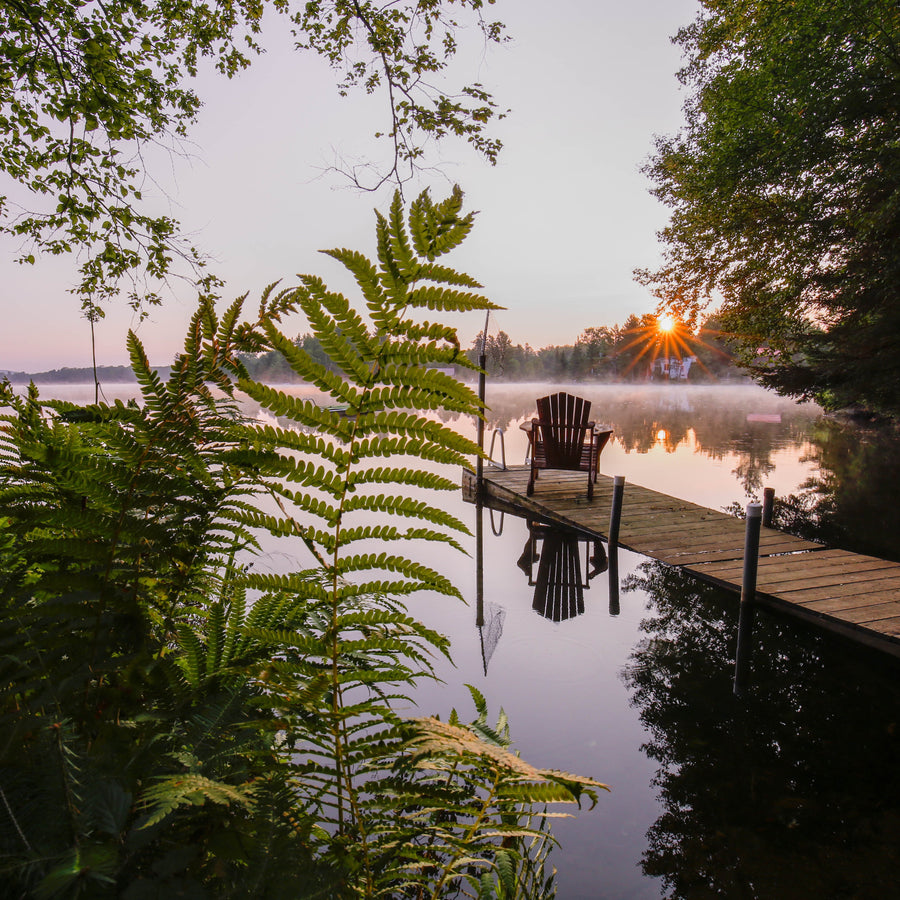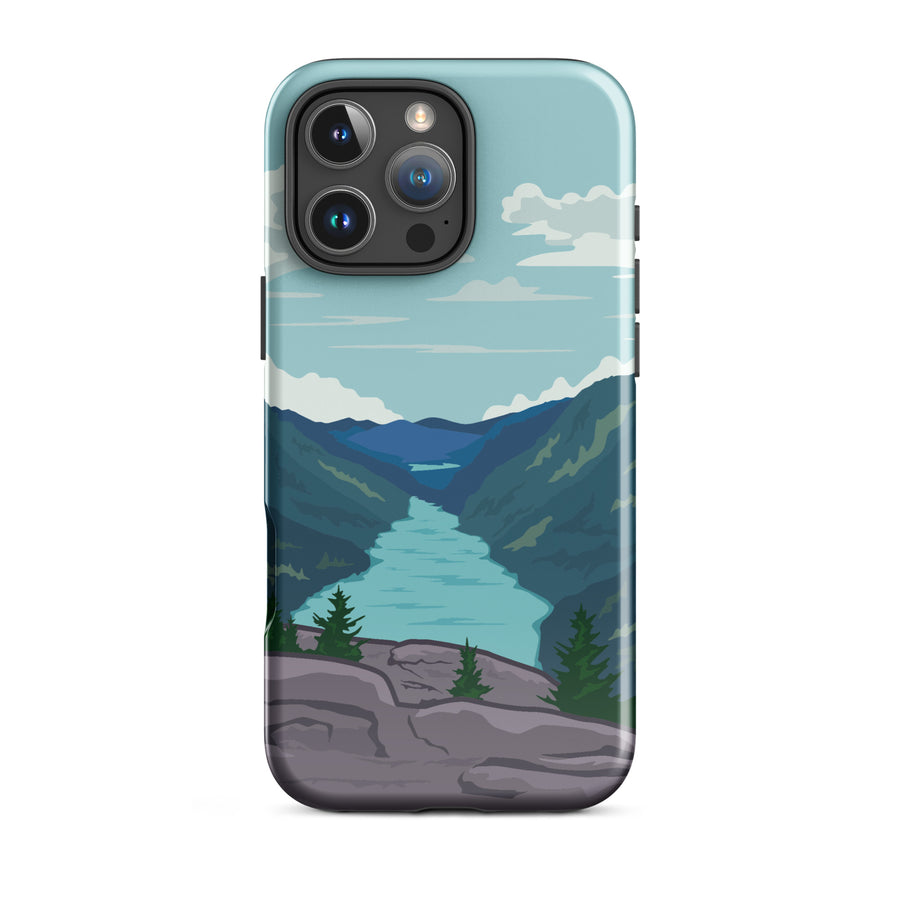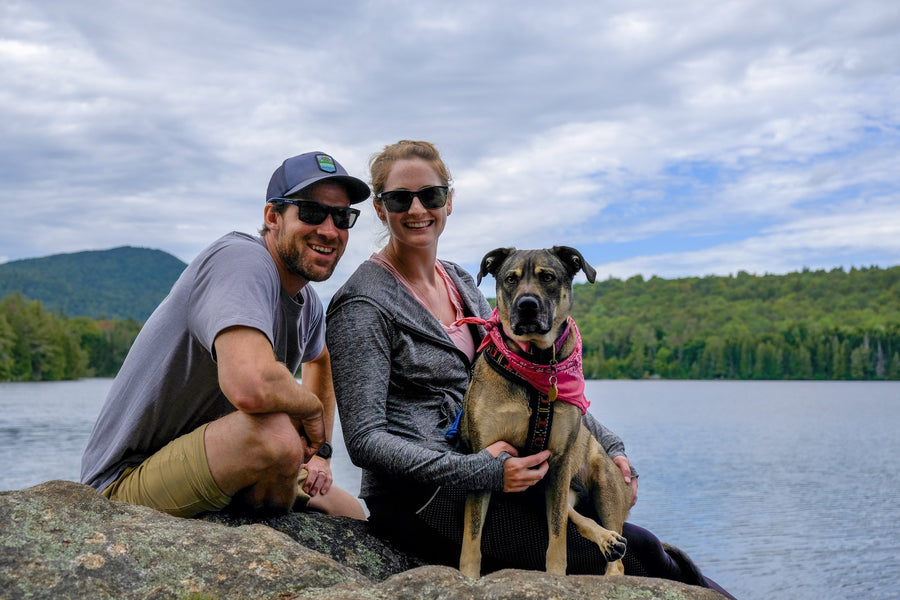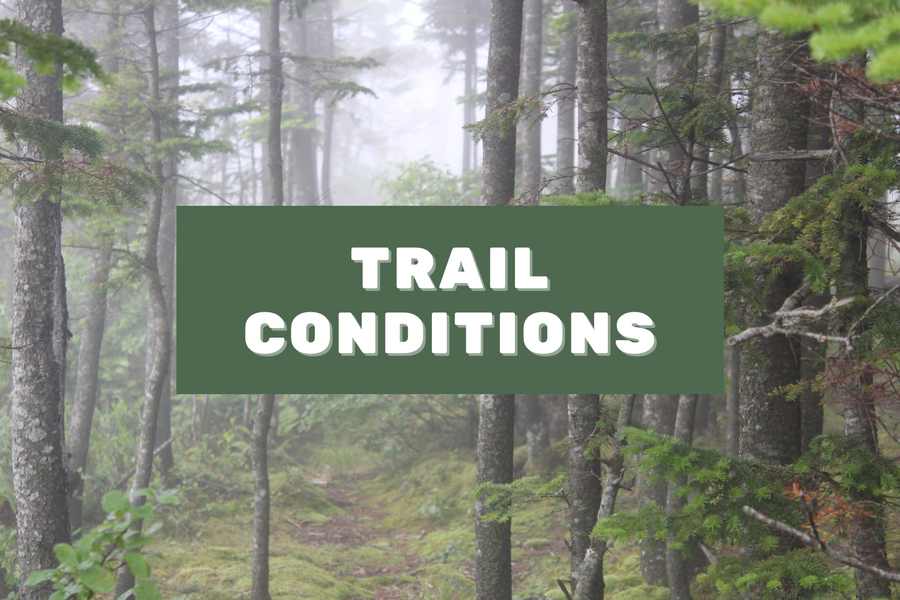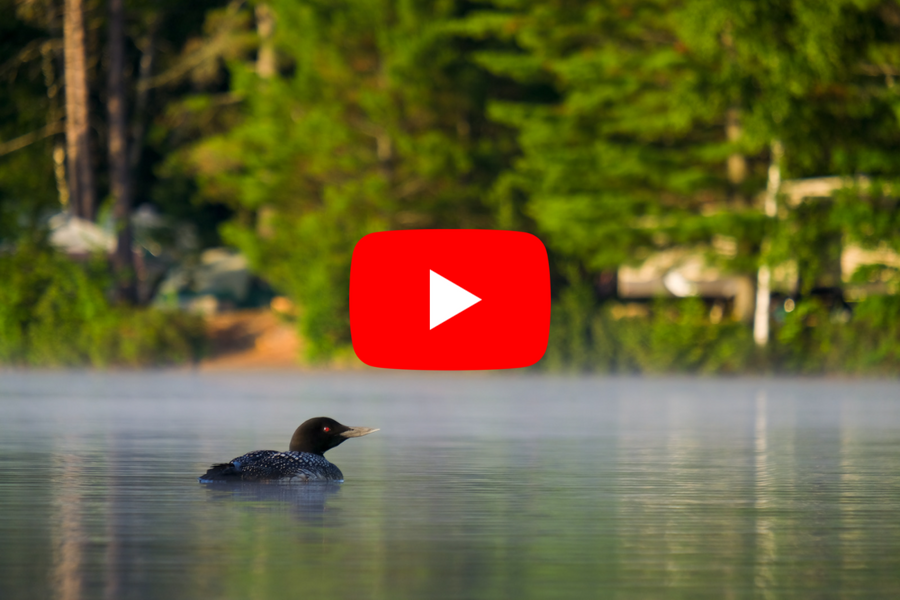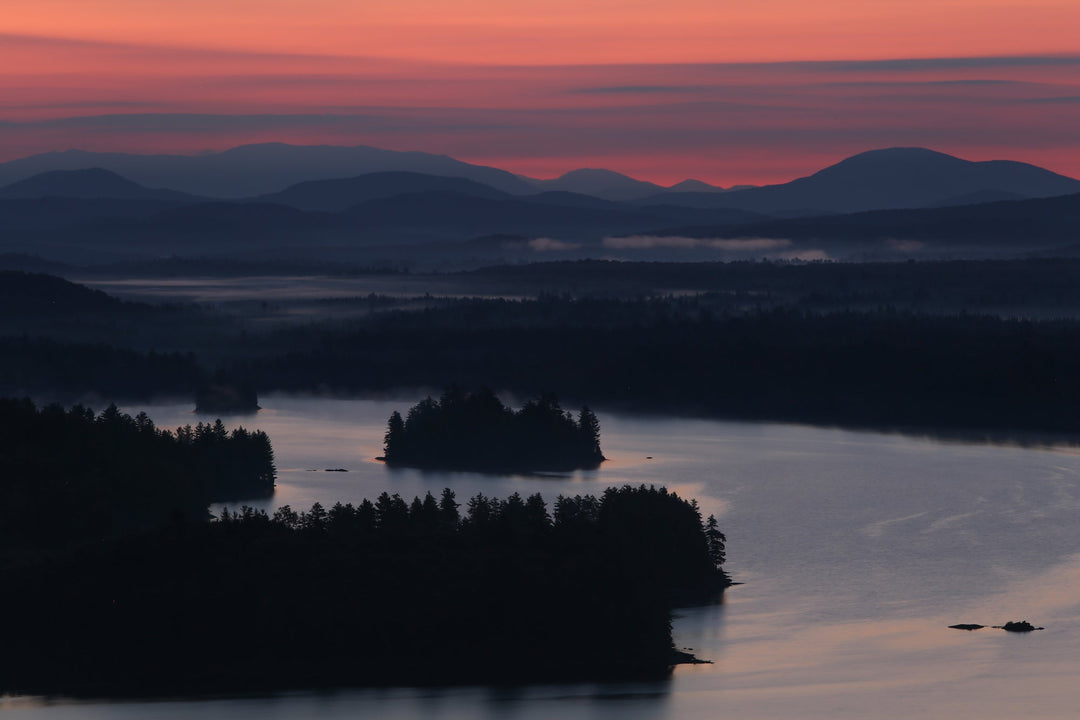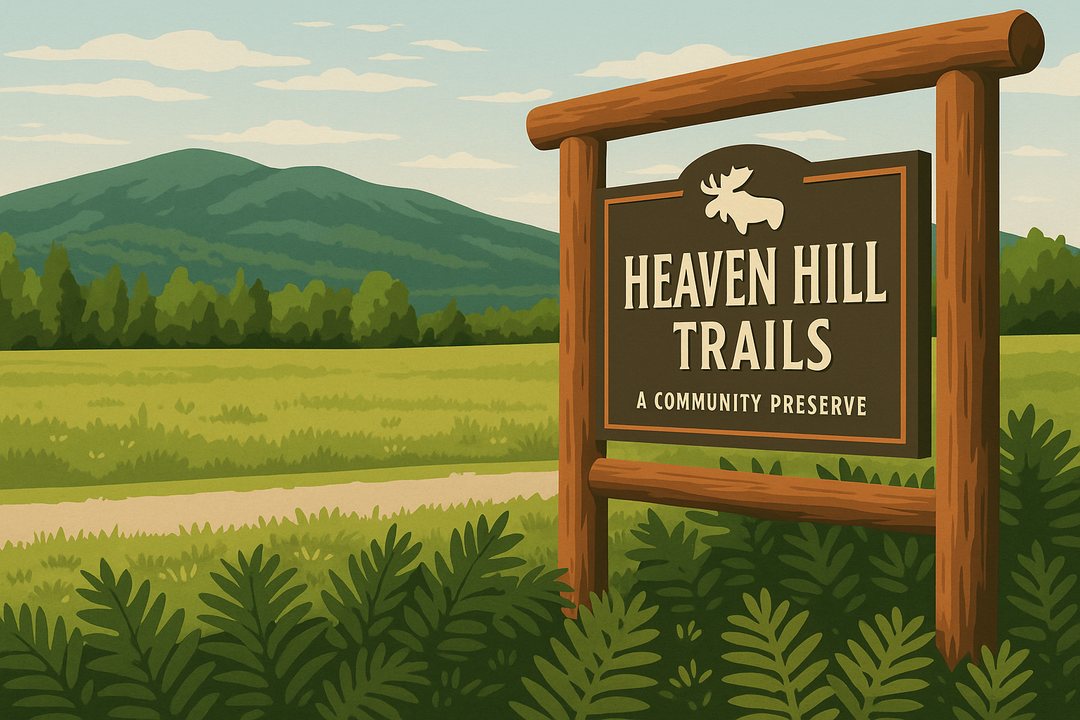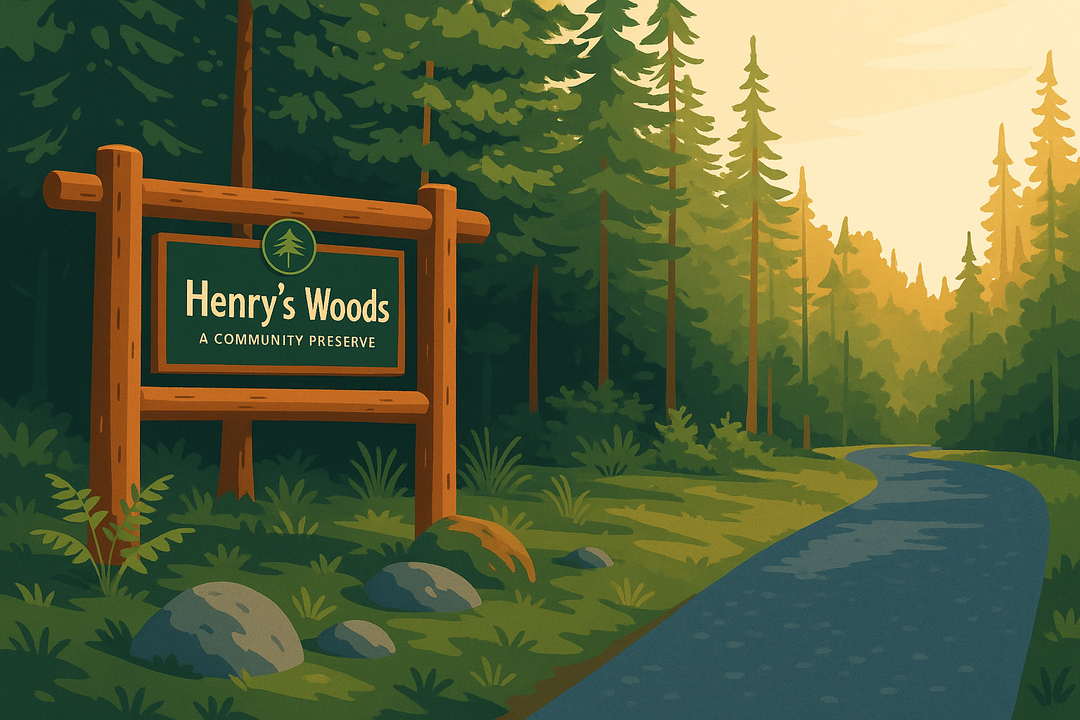Ice Climbing Avalanche Mountain Gully
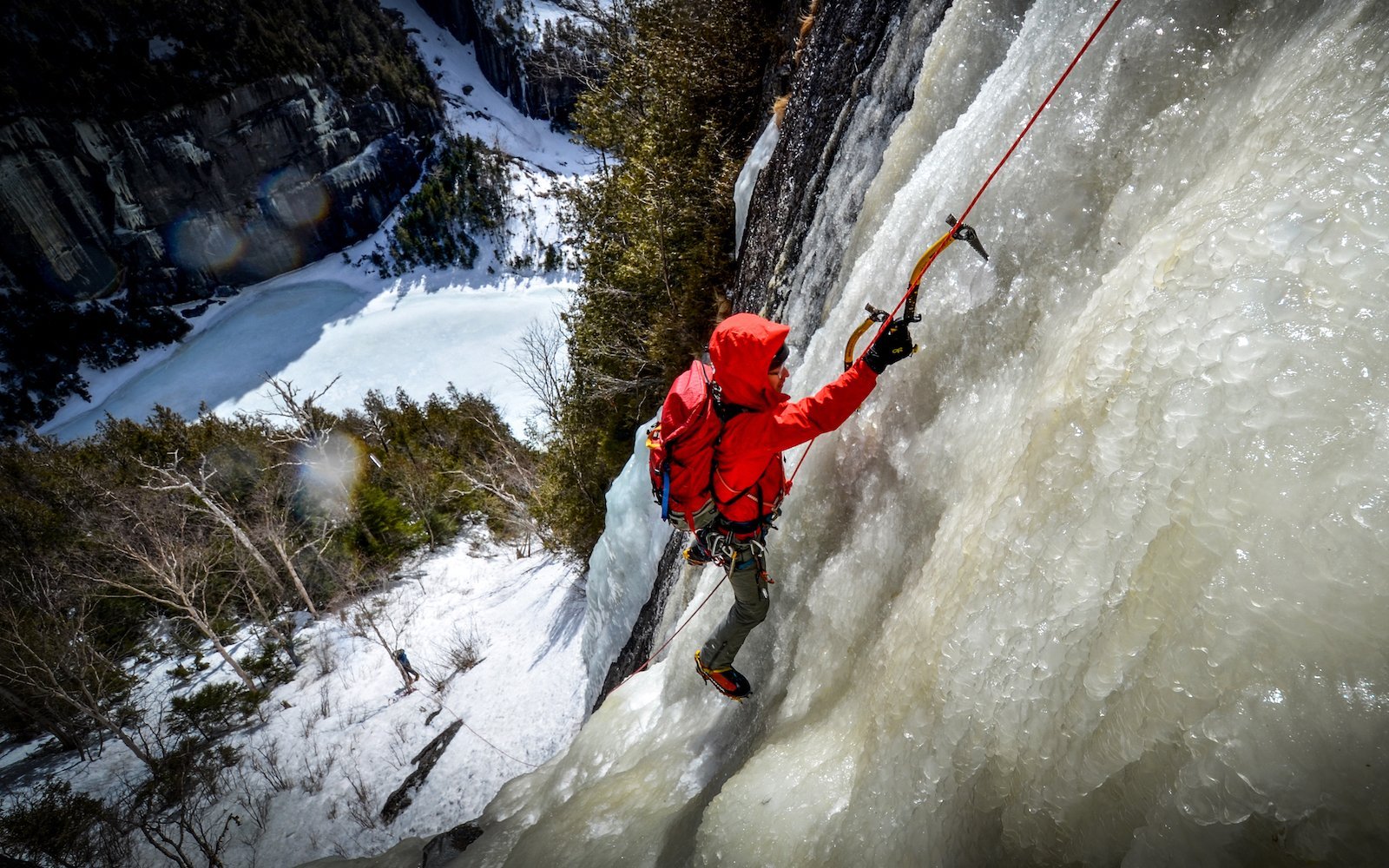
Story By Kevin MudRat MacKenzie
I write this at the end of March 2020 while the COVID-19 pandemic dominates thoughts and headlines. New York City is the global hotspot for the virus and the responsible outdoor enthusiasts are restricting travel to local areas only. In the midst of the flurry of readjusting to working remotely and modifying social norms, another thought gained traction. Why have I always found comfort in the mountains? There is the obvious beauty and the tranquility inherent to wilderness, but the mountains are also a symbol of stability. While I often write about the ever-changing aspects of this region, the overall topography remains consistent relative to a human lifespan. This is calming especially when every day brings a new wave of unnerving news.
Even though our lives are restricted for a time, it’s important to realize that the mountains, ice, cliffs, and slides will be there when it is safe to travel and venture out again. In the meantime, enjoy this glance back to a simple adventure when my thoughts were focused on the task at hand and the beauty of the wilderness.
Please Note: This climb took place before New York's stay-at-home order went into effect.
Avalanche Pass draws hikers, skiers, climbers, and photographers during all seasons. During the ice season, the majority of climbers target the Trap Dike, rated WI2 on the water ice system of rating, but the pass harbors dozens of routes including the elusive Dream Within a Dream (WI6/M7) and the heady Matrix (WI5+).

There’s enough variety for nearly any skill level. Avalanche Mountain Gully, a popular line, is the obvious gully across from Mt. Colden’s Trap Dike. Thus it takes a few hours to hike into even with a winter climbing pack. AMG goes at WI4- which means it’s a steeper, more sustained technical climb compared to the Trap Dike. It was one of my favorite climbs from the 2019 season. An easy approach from the lake via a long snow slope with a short step of low-grade ice is another bonus.
Alan Wechsler, Nolan Huther, Colin Aldrich, and I trekked into Avalanche Pass with the gully as a possible objective. We arrived at Avalanche Lake around 9:30 a.m. after leaving Adirondack Loj three hours earlier. We surveyed lines along the north end of the lake; moderate routes like the Coffin and Rayless and Pathless. The prior day’s rain and the higher-arcing sun of late winter had taken a toll on many of the routes, thinning them or turning them into small cascades.
We worked our way past the big lines on Colden toward the Matrix, something I hoped to lead this year after following it in March of 2019. Nothing looked appealing until we turned our gaze to Avalanche Mountain Gully. The ice looked intact and thick. My mindset shifted from wanting to lead to wanting to relax. Either Nolan or Alan could take the “sharp-end” during this trip.
We trekked across the lake from the debris fan of the Trap Dike. The echoes of metal biting into the wind-blown ice bounced off the nearby cliffs. The sound trailed off until it was replaced by the light whispering wind. I felt at peace in the presence of the mountains and among friends, old and new.

Adirondike, Warm Up, Gold Rush of '96, and the Matrix. Photo by Mudrat.
We walked through the trees, climbed partway up the snow slope, and readied the gear in a protective nook. Three ropes, 12 ice screws and draws, and a smattering of rock gear were in the mix. Why three ropes? The leader would climb on two ropes and belay two followers. One of the followers would trail a rope for the fourth person who would then be belayed.
I was comfortable climbing up to the WI4- pitch without protection, so I soloed the snow gully and ice step to save time and relax “doing my thing.” Nolan led the gully then belayed Alan and Colin. This gave me the time I wanted to scan the scenery and take photos. Every step up revealed a new perspective of the Lake and the cliffs of Mt. Colden. The sun intermittently broke through the clouds during my ascent of the snow slope, but it shined brightly upon my partners’ arrival—right on cue.
A route on the cliff to the right of AMG, called Persistence (WI4), didn’t touch down this day. It was melting away as water trickled between the dark stone and the ice. I marveled at the diverse creations of late winter. Trees that would be green in another couple months were still laminated with ¼ inch of ice. The landscape seemed askew since the climb forms next to a left-facing and left-leaning corner.

Nolan (left) & Alan (right) making their way up Pitch One. Photos by MudRat.
Alan decided to take the first pitch while I maneuvered to take photographs from different vantage points. The ice looked wet from my perspective, but the sound of Alan’s tools told us that it was sound even if parts of the pitch were subjected to spray from above. Thank God for waterproof layers.
Alan decided to build an anchor at an optional cave belay in the wall on the right. I climbed next. The corner and forest to the immediate left created an intimate setting where I felt enclosed by the mountain. It was invigorating to sink the tools into the soft yellow ice and feel the movements of climbing—deliberate and balanced. I stopped often to look at the details and appreciate the experience in full.

Forty feet up, I turned to look down and saw Nolan was just beginning to climb; Alan belayed us simultaneously. Ice climbing often breaks pieces of ice-free, so I remained still to let him get nearer to me. Small pieces become dangerous projectiles if they fall very far. Climbing around a fragile, hollow plate of undermined ice required a delicate touch. As Nolan stated, “It was a man-killer,” in reference to the result if a piece this large struck someone.

I rounded a rock covered in delicate icicles and saw Alan wearing a grin and peeking out from a narrow grotto. Nolan and I tied into the anchor to his left while he belayed Colin to our position. Small cubes calved from the cliff on the right as Colin climbed. The sun was warming the rock. Later, entire sheets fell—the disconcerting rumble was far too close, but we were protected. The same sounds emanated from other areas of Avalanche Lake. I mentally noted that the ice climbing season was nearing its end.
With everyone in place, Nolan volunteered to take the final lead which began up a steep section of ice under a large stone roof—my favorite part. A curtain of ice all but sealed the left side of the roof. This formed another cave—wider than the belay nook.

The beauty of tannin stained icicles on pitch 2. Photo by MudRat.
It was soon my turn; Colin would be next. The sounds of climbing and the small cascade flowing over the curtain to the left were calming as I followed. The vertical start eased as I entered the cavern. My eyes adjusted to the eerie, shadowy realm lit only by ice-filtered sunlight. The climbing got a little spicy when the ice ran out near the roof at a traverse. Nolan had placed some rock gear to protect it. Easy dry-tooling (using the ice tools on rock) led to a narrow slit in the curtain and a short climb up to the forest where Nolan was anchored to a tree. I donned a puffy, ate, and relaxed while he belayed Alan and Colin.

Kevin following pitch 2, left, and Alan under the roof near the traverse. Photos by Alan Wechsler.
The most exciting parts of the day were over, but the outing was far from complete. A rappel down the drippy curtain via icy ropes and down the snow gully awaited…as did the hike back to the trailhead. These are the moments in the mountains when it’s important to stay focused on the details. Complacency often leads to accidents, and backcountry rescues are long and involved. We left the pass with the sun low in the sky and arrived back at the Loj in the dark roughly 14 hours after our start.
Trips like this are a prime example of why the mountains are therapeutic regardless of your preferred activity. They test your skills and help you learn especially if you’re humble and open-minded. They create bonds between friends as you work toward a common goal. The beauty and majesty of the backcountry instills an appreciation and respect for the wilderness. The mountains are a reminder that some things remain stable in a world of uncertainty.
 KEVIN MacKENZIE, better known as MudRat, is a rock/ice climber, hiker, photographer, and writer. His outdoor pursuits have taken him up hundreds of slides and rock/ice climbing routes with most of the latter in Panther Gorge, a 2,000-foot deep chasm between Mts. Marcy and Haystack. He also serves as a volunteer on the New York State Department of Environmental Conservation’s high-angle rescue team and is a state-licensed guide for ice/rock climbing, hiking, and camping. Kevin’s published works include a book on the history of Panther Gorge as well as outdoor articles/photographs in The Adirondack Journal of Environmental Studies, Adirondack Life, Adirondack Rock, Climbing, Blue Lines 2, Adirondack Explorer, Adirondack Outdoors, Adirondac, Peeks, and Wild Northeast. You can learn more on his website: https://www.
KEVIN MacKENZIE, better known as MudRat, is a rock/ice climber, hiker, photographer, and writer. His outdoor pursuits have taken him up hundreds of slides and rock/ice climbing routes with most of the latter in Panther Gorge, a 2,000-foot deep chasm between Mts. Marcy and Haystack. He also serves as a volunteer on the New York State Department of Environmental Conservation’s high-angle rescue team and is a state-licensed guide for ice/rock climbing, hiking, and camping. Kevin’s published works include a book on the history of Panther Gorge as well as outdoor articles/photographs in The Adirondack Journal of Environmental Studies, Adirondack Life, Adirondack Rock, Climbing, Blue Lines 2, Adirondack Explorer, Adirondack Outdoors, Adirondac, Peeks, and Wild Northeast. You can learn more on his website: https://www.
